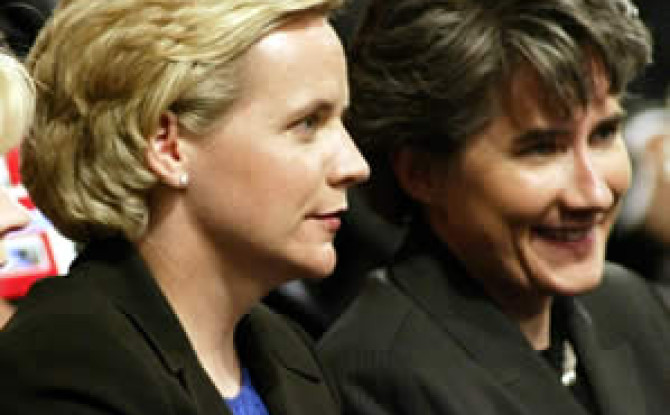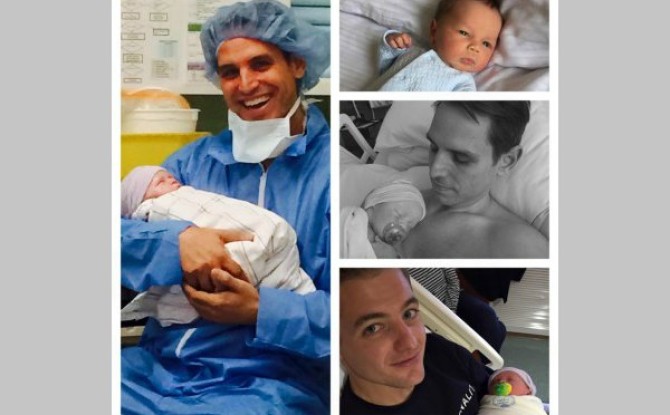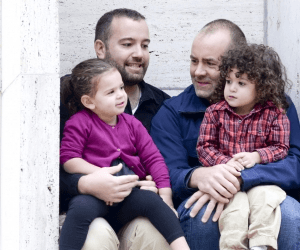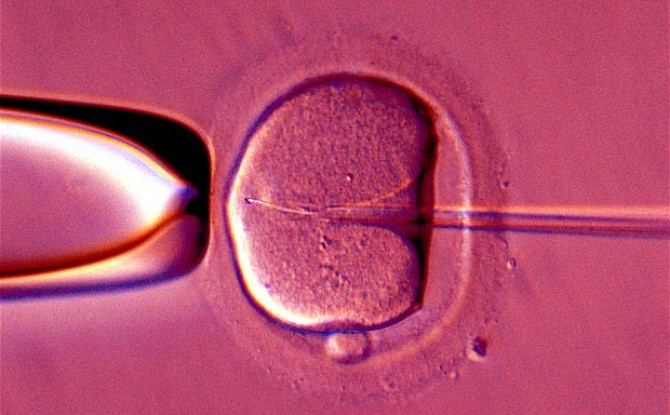Italian civil unions bill was signed off on by the Italian Senate on Thursday creating a civil union status for same-sex couples after a bitter debate that dominated Italian politics for months. The victim of this Bill was second parent adoption protections for LGBT Italian families.
The vote was 173 in favor and 71 against, Italian newspaper La Repubblica reported.The bill must now must be approved by the Parliament’s lower house, but it is expected to encounter much less resistance there than it did in the Senate.
But if the legislation is adopted in its current form, it will not be an end to the fight over same-sex couples’ rights. The government of Prime Minister Matteo Renzi traded away provisions important to LGBT activists in order to clear the path for Thursday’s vote, including a person’s right to adopt the child of a same-sex partner. LGBT groups are vowing a new fight against Renzi’s ruling coalition and litigation challenging provisions that they see as discriminatory.

“Pontius Pilate could not have done better,” a broad coalition of LGBT groups said in a statement denouncing the compromise issued shortly before the Senate vote, calling for a protest on March 5. If this bill is adopted, the groups said, would make Italy “unlike almost any other country in [the European Union] and unique among its founding countries, [ignoring] completely the existence and needs of the sons and daughters of gay couples.”
“Now our battle — concluding the associations — will continue in the streets and in the courts,” they vowed.
The open wounds left by this fight will not only keep the battle alive in Italy, but could become a problem for major European institutions.
Daniele Viotti, a member of the Parliament of the European Union from Italy’s ruling Democratic Party, said in a statement to BuzzFeed News that he was calling on the E.U.’s executive body — called the European Commission — to enact regulations that would require member states to recognize adoptions and other “public documents related to civil status” from one another. The E.U. technically has no jurisdiction over family law in member states, but these issues affect freedom of movement for LGBT people throughout the continent which does fall under the E.U.’s domain.
“I think Europe will ask Italy for more and I hope Italy will be ready for more,” said Viotti, who is also co-president of the Parliament’s LGBT rights caucus. “Dropping stepchild adoption is dreadful because it leaves children without protection. The fight is not over.”
But Viotti said, the European Commission has “become a lot more timid” in pushing LGBT rights. The Commission is also now facing a grassroots effort by conservatives, called “Mum, Dad, and Kids.” The group is using a relatively new mechanism, installed to make the E.U. more democratic, to mount a petition drive to pressure the E.U. to define marriage as between a man and a woman.
by J. Lester Fedder – Buzzfeed.com, February 25, 2016
Click here to read the entire article.


















